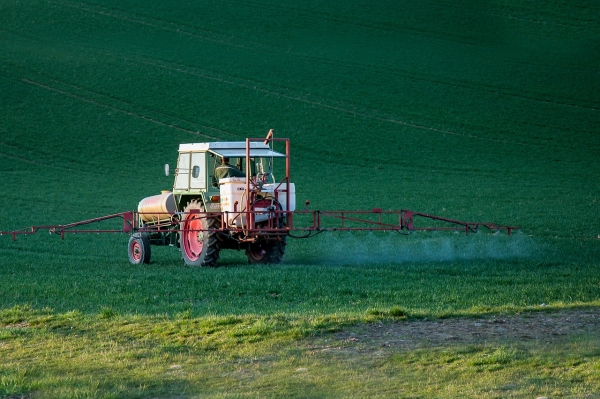Dr. Mustafa Akbulut and Ph.D. student Yashwanth Arcot are developing a non-toxic pesticide for more sustainable agricultural practices.
Pesticides can be made more effective and environmentally friendly by improving how they stick to plant surfaces, thanks to new research led by Dr. Mustafa Akbulut, professor of chemical engineering at Texas A&M University.
Akbulut and his research group have developed an innovative pesticide delivery system called nanopesticides. These tiny technologies, developed through a collaboration between Texas A&M University's engineering and agricultural colleges, Dr. Luis Cisneros-Zevallo, professor of Horticultural Science and Dr. Younjin Min, professor of Chemical Environ Engineering at University of California, Riverside, could change how we use pesticides.
"The U.S. is a world leader in agricultural production, feeding not just our nation but much of the world. Yet we are using pesticides in a way that is simply not sustainable - with a substantial fraction not reaching its intended target," said Akbulut. "Our research shows that by optimizing the surface chemistry of pesticide carriers, we can make these essential crop protection tools more efficient.”
Read more at Texas A&M University
Photo Credit: maxmann via Pixabay
Sci/Tech Top Stories Agriculture
